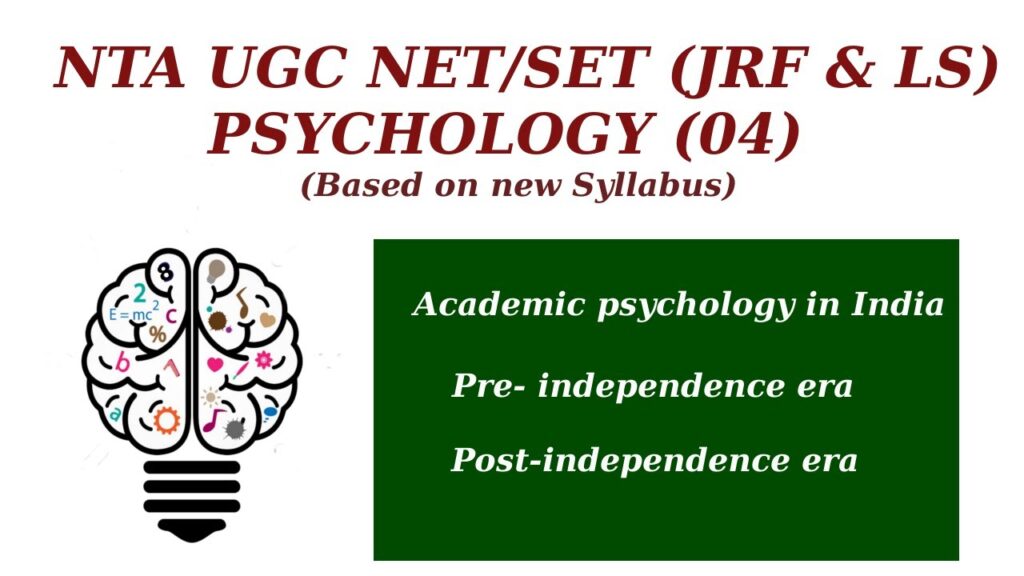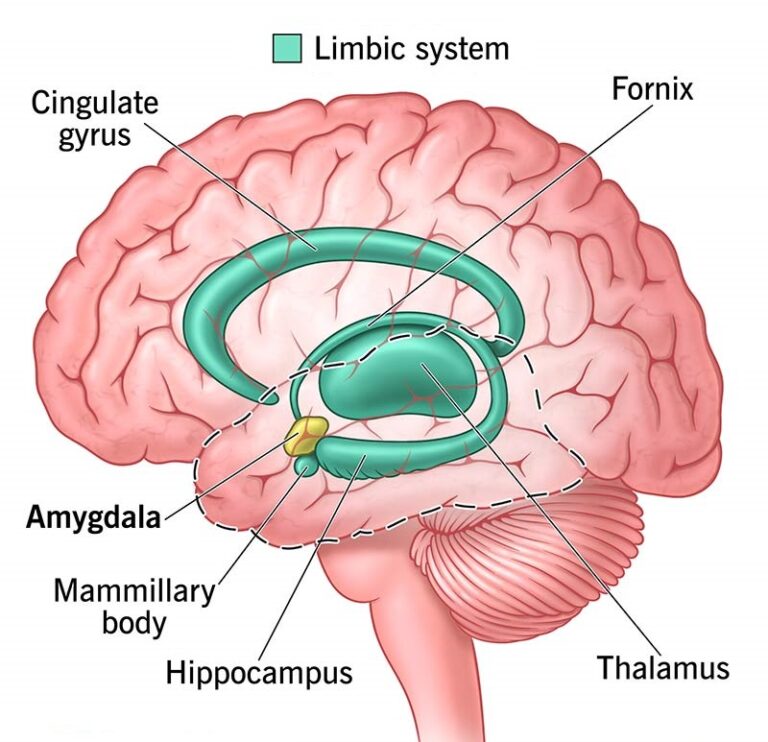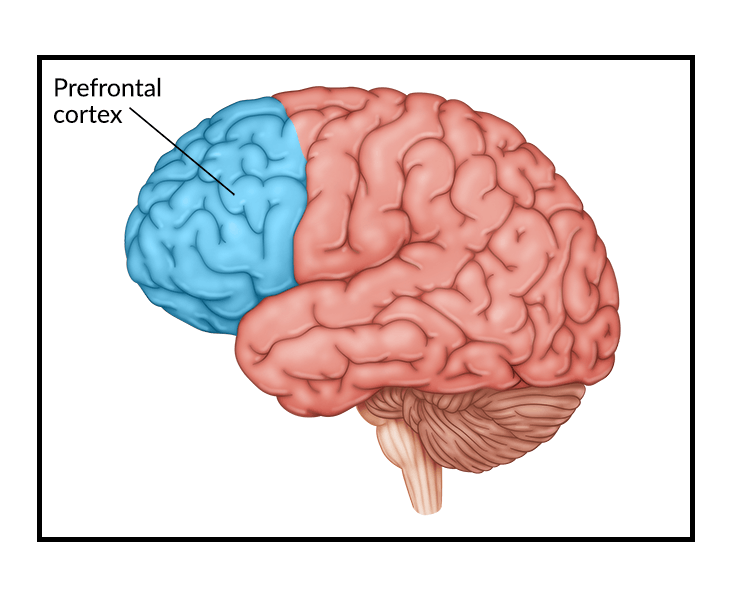
Academic Psychology in India: 1980s – The Era of Indigenization
Indigenization in psychology refers to the adaptation and development of psychological theories, practices, and research methodologies to align with the cultural and social context of a specific region. In India, this movement gained momentum in the 1980s as psychologists sought to move beyond Western frameworks. For instance, indigenous concepts such as Sattva, Rajas, and Tamas from the Sankhya philosophy were used to understand personality traits, and the Bhagavad Gita’s teachings on detachment (Nishkama Karma) were applied in counseling psychology. Similarly, studies began focusing on culturally rooted issues like family dynamics in joint families, community resilience, and spirituality’s role in mental health. This shift helped address the unique psychological needs of Indian society by incorporating its rich philosophical heritage and socio-cultural realities.
The 1980s marked a pivotal moment in the evolution of academic psychology in India, characterized by the indigenization of psychological thought and practice. Indian psychologists began critically examining the relevance of Western theories and frameworks in the Indian socio-cultural context. The emphasis shifted toward developing theories, methodologies, and practices rooted in indigenous knowledge systems while addressing the unique psychological challenges faced by Indian society.
Key Features of the 1980s: Indigenization of Psychology
1. Critical Evaluation of Western Paradigms
- Psychologists argued that Western frameworks often overlooked cultural diversity and socio-economic conditions prevalent in India.
- There was a deliberate effort to evaluate the applicability of theories like psychoanalysis, behaviorism, and cognitive psychology to Indian populations.
2. Revival of Indian Philosophical Thought
- Indian philosophical traditions, such as Vedanta, Yoga, and Buddhism, were explored for their psychological insights.
- Key concepts like Atman (self), Karma (action), and Gunas (attributes) were integrated into psychological discussions.
- Example: The concept of Sattva (balance and harmony) was linked to emotional regulation and mental well-being.
3. Focus on Socio-Cultural Context
- Psychology began addressing culturally specific phenomena such as:
- Joint family dynamics.
- Interpersonal relationships shaped by collectivism.
- The role of spirituality and religion in mental health.
4. Methodological Innovations
- Development of culturally relevant psychological tools and scales.
- Introduction of qualitative methods, such as in-depth interviews and case studies, to capture the nuances of Indian experiences.
- Use of vernacular languages for assessments to enhance accessibility.
Research Themes in the 1980s
| Research Area | Focus | Examples of Research |
|---|---|---|
| Cultural Psychology | Understanding the role of culture in shaping cognition, emotions, and behavior | Studies on collectivism and its influence on decision-making. |
| Spirituality and Mental Health | Exploring the therapeutic potential of Indian spiritual practices | Research on the impact of meditation and yoga on stress reduction. |
| Family Psychology | Examining dynamics in joint and nuclear families | Studies on the role of familial support in coping with stress. |
| Community Psychology | Empowering marginalized communities through participatory research | Interventions in rural areas focusing on mental health awareness. |
| Indigenous Personality Theories | Developing culturally relevant models of personality | Studies on personality dimensions based on Gunas (Sattva, Rajas, Tamas). |
Prominent Contributions
| Psychologist | Contribution |
|---|---|
| Dr. Jai B. P. Sinha | Advanced the concept of Nurturant-Task Leadership, rooted in Indian cultural contexts. |
| Dr. Girishwar Misra | Promoted indigenous psychology by linking Indian philosophical concepts with modern psychology. |
| Dr. A. K. Dalal | Pioneered studies in social psychology focusing on poverty, inequality, and social justice. |
Applications of Indigenization in Psychology
1. Mental Health
- Integration of yoga and meditation into psychotherapy.
- Use of culturally sensitive approaches to address stigma around mental health.
2. Education
- Development of teaching methods aligned with Indian cultural values, emphasizing experiential and holistic learning.
- Use of indigenous stories and folklore in child development research.
3. Organizational Behavior
- Studies on leadership styles reflecting Indian cultural values, such as Nurturant-Task Leadership.
- Research on the role of spirituality and ethics in workplace behavior.
Challenges of Indigenization
| Challenge | Description |
|---|---|
| Lack of Resources | Limited funding for indigenous research efforts. |
| Resistance to Change | Skepticism among some academics regarding the scientific rigor of indigenous approaches. |
| Global Relevance | Balancing the need for indigenization with the desire for global recognition and standardization in psychology. |
| Methodological Limitations | Difficulty in validating indigenous theories using conventional research methods. |
Visual Representation
Table: Western vs. Indigenous Psychology in the 1980s
| Aspect | Western Psychology | Indigenous Psychology in India |
|---|---|---|
| Focus | Individual-centric | Collectivism and community |
| Therapeutic Approaches | Psychoanalysis, CBT | Yoga, meditation, and spiritual practices |
| Personality | Traits-based models | Concepts of Gunas (Sattva, Rajas, Tamas) |
| Research Methods | Quantitative | Qualitative and culturally relevant scales |
Chart: Research Focus Areas in the 1980s

Significance of the 1980s for Indian Psychology
The 1980s were instrumental in shaping a distinct identity for Indian psychology. By grounding research and practice in cultural realities, psychologists contributed to a deeper understanding of human behavior in the Indian context. This period also laid the groundwork for integrating indigenous and global perspectives in subsequent decades.
References
- Sinha, J. B. P. (1995). The cultural context of leadership and power. Sage Publications.
- Misra, G., & Mohanty, A. K. (2002). Perspectives on indigenous psychology. Journal of Indian Psychology, 20(1), 1-9.
- Dalal, A. K. (1996). Social interventions for community development. Psychology and Developing Societies, 8(2), 141-162.
- Rao, K. R., & Paranjpe, A. C. (2008). Psychology in the Indian tradition. Springer.







